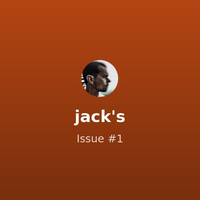Collection
- Collection
- Subcollection in Making Social Media A Powerful and Positive Tool
The Future of Social Media
- Curated in The Future of Social Media
- Curated in The Future of Social Media
- Curated in The Future of Social Media
" The problem is that the subject of ‘effective distribution of information’ always has a compromise: Firstly, people ideally should decide for themselves what kind of content they want to see, and they should be able to reach the most relevant content without being subject to manipulation and restrictions. On the other hand, the information consumed ideally should not harm the freedoms of other people and therefore, the scope of harmful content should be under control without causing ‘a single point of failure’."
"Because the process of selecting, arranging and presenting digital content in a curated way helps users filter noise and deliver relevant, high-quality content entirely according to their own criteria. This not only helps to improve the user experience but also helps to access much more in-depth and diverse information, saving time and resources. They can also help improve learning and collaboration by allowing users to share their knowledge and expertise with others."





